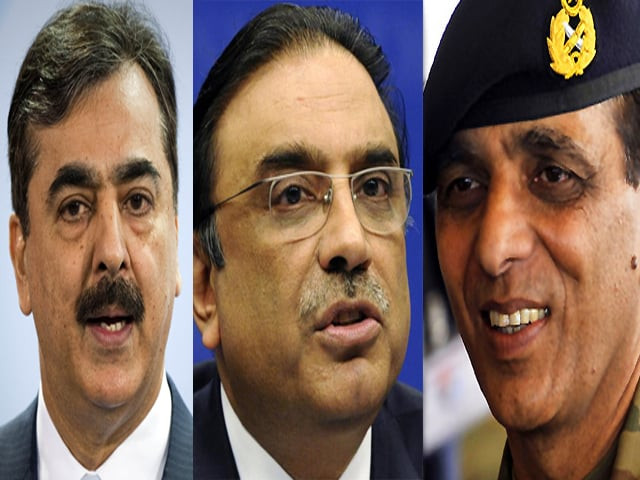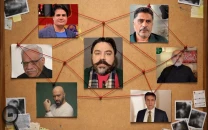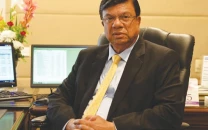The army chief’s statement
As anti-government as the sentiment among many in the country may be, a military coup is the last thing anyone wants.

That said, even if the army has decided that an overt coup is not plausible right now, there are other ways in which it has in the past interfered with the democratic process. It is an open secret that the military leadership is not happy with President Asif Ali Zardari and they could engineer his resignation while allowing the government to serve out its term. In that context, disavowing a coup is not the same thing as promising to be subservient to a civilian government and to parliament. The government indirectly admitted its weakness when in an affidavit it submitted to the Supreme Court, the ministry of defence said that it had no control over the military. The army chief’s statement does nothing to change that.
In an ideal world, the civilian government would not have to worry about the military, which should be under its control, just like any other institution of the state. However, the fact is that the government will have to wrest control back piece-by-piece. It must begin by standing its ground on Memogate and should demand that if at all the actions of one person are to be investigated, then those of the other, also mentioned in the transcripts, should be probed. Additionally, the PPP needs to be more open about the challenges it faces and not equivocate on issues when it needs to take a stand. In that context, the prime minister’s speech on the floor of the National Assembly on December 22 was most timely and one hopes that the party will now perhaps find its voice which held it in good stead during many years of military dictatorship.
Published in The Express Tribune, December 24th, 2011.














COMMENTS
Comments are moderated and generally will be posted if they are on-topic and not abusive.
For more information, please see our Comments FAQ